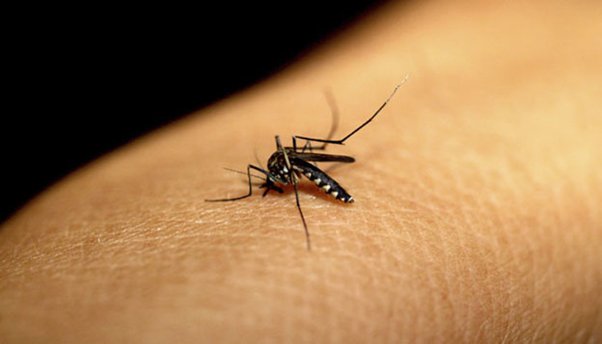Zika Virus, Symptoms, Prevention

Zika virus is now becoming a matter of concern as more and more people are getting infected all around the world.
The virus is spread to people by mosquitoes from the Aedes species. These mosquitoes also transfer diseases like dengue and chikungunya. Mosquitoes can give the virus by biting someone already infected and then biting other people.
The word Zika comes from the Zika forest in Uganda, where the virus was first discovered by scientists in 1947. Before 2015, Zika virus outbreaks only occurred in Africa, Southeast Asia, and the Pacific Islands. In May 2015, the virus reached Brazil and is now spreading to many other countries.
For the moment, the virus has not really spread in Asia. There have only been a few cases reported in Thailand and Taiwan. But, as people travel a lot, it is easy for a virus to spread around. For the moment, no cases have been found in Singapore but the virus will probably reach the island in no time. The Ministry of Health (MOH) is following the situation closely and is taking precaution measures to avoid any huge outbreaks.
Symptoms
The symptoms of the Zika virus are similar to chikungunya and dengue. The symptoms are:
– fever
– rash
– joint pain
– conjunctivitis.
Not every person infected will develop symptoms, about 1 in 5 people will actually become ill. The illness lasts from a few days to a week and is usually mild but if a woman is infected during pregnancy, it can cause a neurological disorder, microcephaly, to the unborn baby. The infant’s head will then be significantly smaller than the one of other infants and his brain won’t develop as much as the one of the others.
Prevention
There is no vaccine available against the Zika virus.
To avoid getting infected, protect yourself against mosquitoes by using insect repellent. Cover your body, arms and legs with clothing and sleep under mosquito nets.
Aedes mosquitoes usually lay eggs in and near standing water in buckets, bowls, flower pots. You can reduce their breeding by ensuring that there is not stagnant water in and outside your house.
Sources:
WHO. 2016. Zika virus. [ONLINE] Available at: http://www.who.int/mediacentre/factsheets/zika/en/.
CDC. 2016. About Zika Virus Disease. [ONLINE] Available at: http://www.cdc.gov/zika/about/.
MOH. 2016. Zika Virus. [ONLINE] Available at: https://www.moh.gov.sg/content/moh_web/home/pressRoom/Current_Issues/2016/zika-virus.html.





